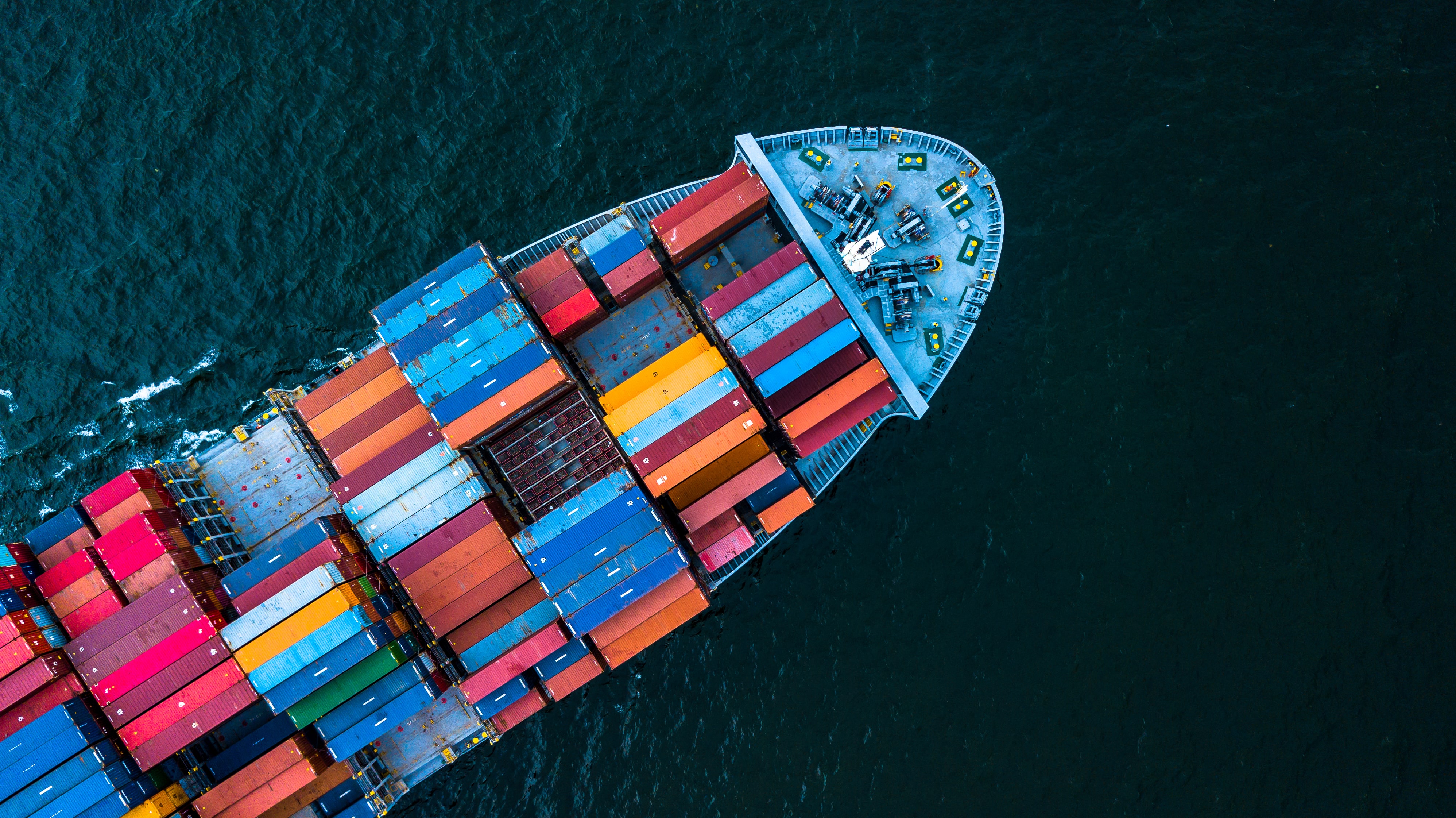
The shipping industry is suffering from a global shortage of containers with thousands of boxes currently stranded at ports across the globe from the US to Europe.
More than 350,000 containers currently sitting idle are piled up in ports across US and the Europe according to the Wall Street Journal.
The shortage comes at a time of high consumer demand for new products as the global economy starts to recover from the 2020’s year of economic slowdown.
The situation is likened to “container dislocation” by Tim Boyle, CEO of Columbia Sportswear Co, where a lack of containers has fueled a rise in prices for containers, pushing up import prices for organisations that will result in more expensive products for consumers.
This is despite an unprecedented rise in container production, which is located in China, with 5.4 million TEU’s of Steel Boxes produced in 2021, up from 2.8 million in 2019 according to Drewry Shipping Consultants.
Maritime experts say the shortage can be linked back to the onset of the COVID-19 pandemic when thousands of containers were left in ports across the globe as shipping routes were axed in the face of falling consumer demand.
Likewise, COVID restrictions saw many exporters face a long wait to offload their goods, resulting in many shipping lines leaving port before they could pick up their containers.
Consequently, this rise in prices has seen many shippers not sending their containers inland to pick up cargo because they want to keep hold of their boxes to return to factories in Asia to pick up more goods.
The congestion is such that it now takes a container 70 days to travel from Beijing to Chicago, a journey that would have taken 30 days in previous times. This is despite the port of Chicago being one of the smaller US ports with $1 billion annual flow of trade.
One industry that has been severely disrupted by the container shortage is the toy industry, which has seen a 500% increase in price for shipping containers according to The Toy Association.
Furthermore, Toy makers have been charged $20,000 to $25,000 for 40-foot containers that normally would have cost between $3,000 to $4,000.
While major toy manufacturers such as Hasbro and Mattel will be able to use their purchasing power muscle to find alterntive ways of sourcing their products, many smaller and independent chains are struggling to the point where many new toy releases are being pushed back to next year.
Also, this will most likely change their pricing in the run-up to the Holiday season, where toy makers traditionally cut their prices in order to entice customers to buy their products and other related items.
“A toy that sells a million [units, that is priced] at $10 each [but] once, you go [to] $15, you sell [only] 250,000 [units]. We’ve raised prices a little bit, but we are taking a hit to our bottom line” said MGA Entertainment’s Isaac Larian speaking to Forbes.
In a survey for Toybook’s Summer Survey of toymakers in the Toy industry, 93% of respondents said that they experienced a freight increase.
Such anger at the freight increase, resulted in Nick Mowbray, co-founder of Zuru, an innovative Toymaker, sharing an email from Hapag-Lloyd AG on LinkedIn, showing the company being billed $4,000 for 20-foot containers and $5,000 for 40-feet containers.
With new variants of COVID continuing to spread and with consumer demand showing no signs of letting up, this “trade disruption and container dislocation” will continue to make itself presence felt in the coming months and into next year.